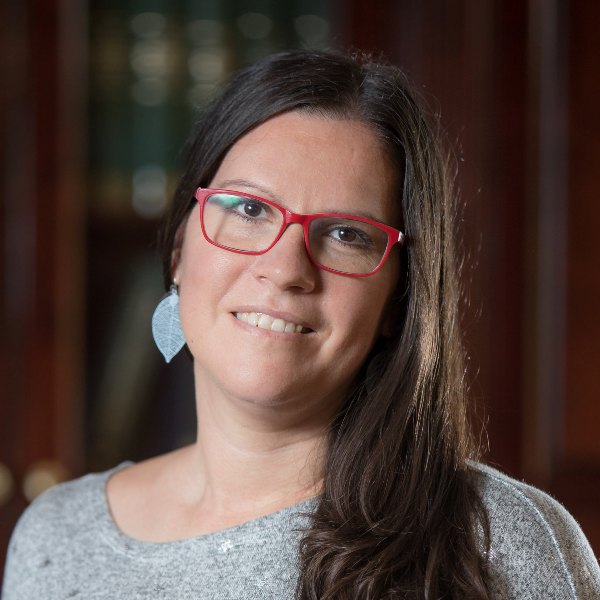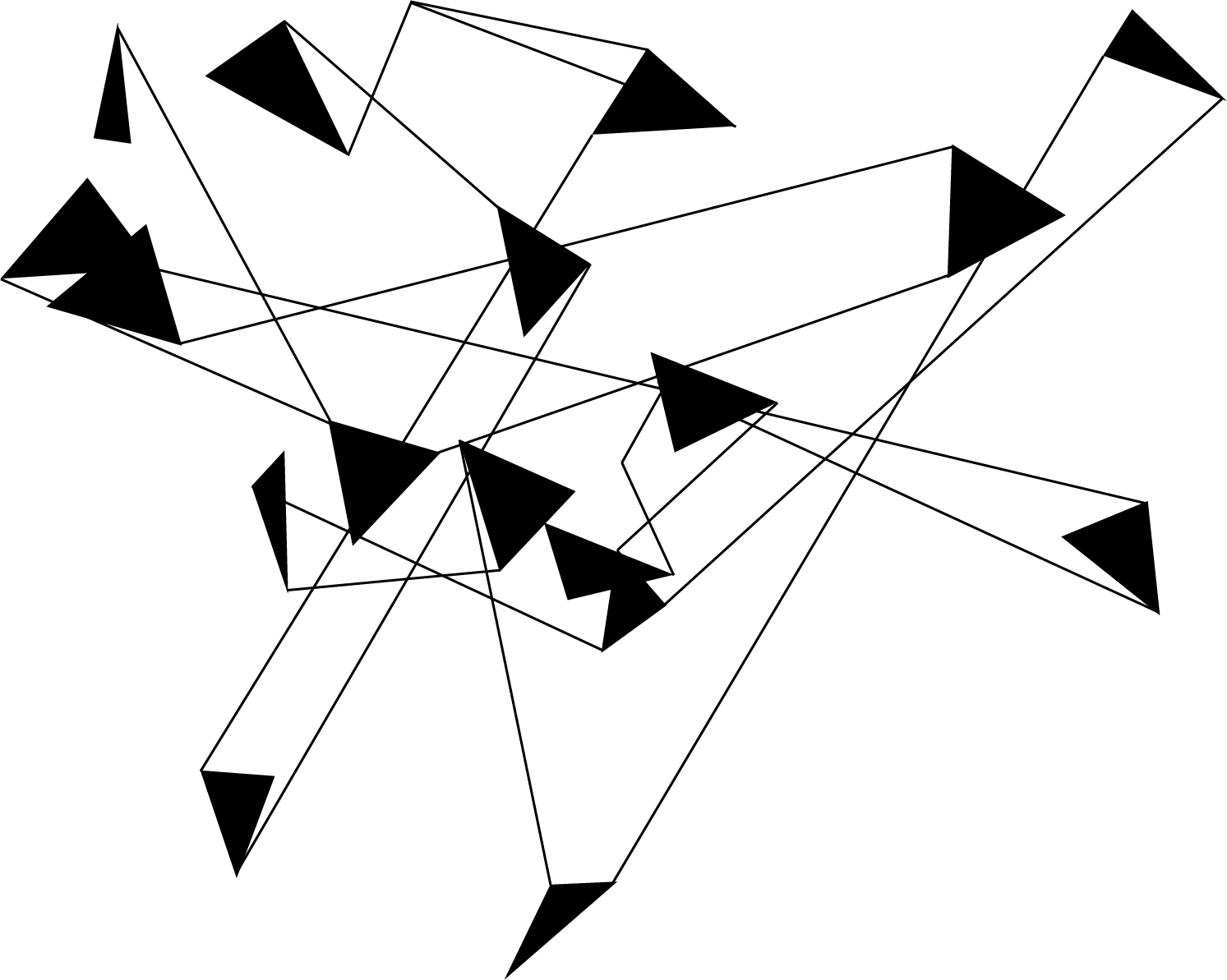We invite you to a lecture “Socio-physics: How physicists explore collective phenomena in social systems” organized by the Digital Sociometrics Lab and ADA Consortium on Monday, November 9th, 12:00, at the Institute for Philosophy and Social Theory (45 Kraljice Natalije St., 4th floor). Please fill out the form below to book your place.
Statistical physics has been proven to be successful in studying the collective dynamics of complex systems, including systems that do not belong to physics. This lead to the emergence of new subfields of physics. One of them is sociophysics. It uses methods and tools of physics for quantitative study and prediction of social phenomena. Due to a lack of high quality and large-scale data, sociophysics was a theoretical discipline at its beginnings. Its main focus was on the development of simple theoretical models of collective social phenomena. While idealistic and straightforward, these models attracted considerable attention. In the past two decades, the development of information communication technologies enabled the quantitative study of social systems. Word Wide Web represents an irreplaceable medium for social interactions and a repository of digital traces. In this talk, we will present the most important sociophysics results and accomplishments concerning some of the most important social phenomena. We will present some of the most basic models, originating from statistical physics. We will demonstrate how the application of statistical physics and the theory of complex networks on large-scale data can help us to quantitatively describe and understand humans’ collective behavior in the offline and online world.
LECTURER

Marija Mitrovic Dankulov
Institute of Physics, University of Belgrade
Marija Mitrović Dankulov is Associate Research Professor at Scientific Computing Laboratory and Head of Innovation Center at the Institute of physics Belgrade. She completed her Ph.D. in statistical physics at the Faculty of Physics, University of Belgrade in 2012. During her Ph.D. studies she was employed at Department of Theoretical Physics, Institute Jožef Stefan, Slovenia. During this time she was participant at EU FP7 project Cyberemotions – collective emotions in cyberspace. She undertook postdoctoral work at Department of Biomedical Engineering and Computational Science, School of Science Aalto University, Finland. She has extensive knowledge and experience in theoretical and computational physics. Her primary research interest is statistical physics of socio-economic systems and complex networks theory. She is an author of 23 publications in leading international scientific journals, including Nature and Nature Communications, 5 book chapters and more than 35 invited and contributed talks at international conferences.
In cycle of lectures “Multidisciplinary Perspectives in Social Sciences” scholars from various fields examine points of intersection between technical sciences and humanities. We shall look into multidisciplinary approach as necessary counter stone of social research. How can neurosciences help to bring the puzzle together? What is socio physics? What is the take of engineers on artificial intelligence? Why do we need multidisciplinary perspectives in social sciences? DigiLab was brought up on an idea to bring together researchers from various fields. The goal is getting innovative results in social sciences. The cycle is co-organized by the ADA Consortium.
Download booklet of DigiLab Events in autumn semester of 2020 >
Erasmus+ project Advanced Data Analytics in Business (ADA/ADA Consortium) is funded with support from the European Commission, within Erasmus+ programme.
Digital Sociometrics Lab (DigiLab) at the Institute for Philosophy and Social Theory explores society through big data.
MONDAY, NOVEMBER 9th, 12 AM
IFDT, 45 KRALJICE NATALIJE ST. (4th floor)
ENTRANCE IS FREE.
BOOK YOUR PLACE:


